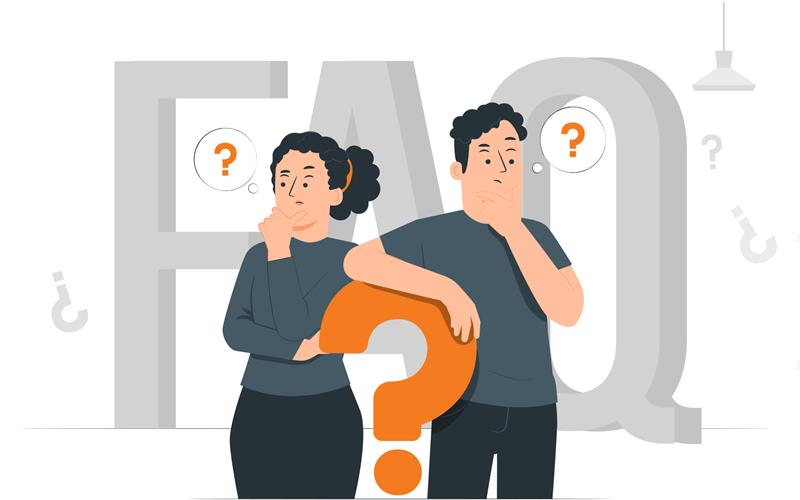To create a valid Will, it is essential that:
- Be at least 18 years of age
- Be in a sound state of mind
- 2 witnesses could sign your Will
- Sign the Will yourself, in the presence of at least one witness.
It is recommended to include your and witnesses’ photographs on the Will. It is also recommended to add copy of your PAN and copy of the witnesses’ PAN to the Will for identification purpose.
You should include a medical certificate from your general medical practitioner/ doctor which certifies soundness of mind.
If you wish to get your Will registered, you should include a medical certificate to your Will.
To indicate that you have checked each page and the contents are as per your wishes, you should sign on each page. However, this is not mandatory.
There is no fixed format for making a Will. The form of the document is irrelevant if it fulfils the other requirements for a valid Will.
Online Wills are legally valid in India. You can write a WILL online using online platform.
It is not necessary, that any technical words or terms of art should be used in a Will. But it is necessary that the wordings of the Will make your intentions clear.
The Will must capture your exact intention with no uncertainty or contradictions. Contradictory statements or a complicated structure give rise to multiple interpretations and may defeat your actual intention. While making your Will, you do not have to provide any explanation for any specific bequest made under the Will.
Even though a particular bequest is ambiguous or unenforceable the intention of the maker of the Will is given effect. For example, the Maker, by a Will made on his deathbed bequeathed all his property to “CD” for life and after his death, to a hospital named “PQR”. Hospital PQR does not exist, then in such case the entire bequest is not discarded. The Makers wishes of bequeathing the property to CD will be valid.
A void or an invalid Will is unenforceable. This means it is not possible to enforce the Will.
Following are a few instances where a Will can we declared void or unenforceable-
If the happening of a condition mentioned in the Will is impossible, then the Will is to be declared as void. For example, "A” bequeaths 500 rupees to “B” on a condition he has to marry “A”’s daughter. “A”’s daughter was dead at the date of the Will. Due to impossibility of fulfilment of the condition, the bequest is void.
If the Maker does not understand the consequences of the Will, then it cannot be executed.
If any circumstances show that the Maker was not aware of and does not understand the meaning, spirit and effect of the contents of the Will in question, then it can be declared invalid. For example, “A” executes an instrument seeming to be his Will, but he does not understand the nature of the instrument, nor the effect of its provisions. This instrument is not a valid Will.
If vesting the thing bequeathed is delayed beyond the lifetime of one or more persons living at the time of the Maker’s death, then such a bequest is invalid.
If a Will is not expressive of any definite intention it is void due to uncertainty. For example, if, “B” leaves to” A” all the goods mentioned in the Schedule and no Schedule is found, then the bequest is void.
If a condition mentioned in the Will is immoral or illegal, then the Will is declared as invalid. If “A” bequeaths 500 rupees to “B” on condition he has to murder “C”, then this bequest is void.
A Will, or any part of a Will, which is made under coercion, fraud, or undue influence is void. If, “A”, by fraud and deception, forces the Maker to bequeath a bequest to him, then the bequest is void.




